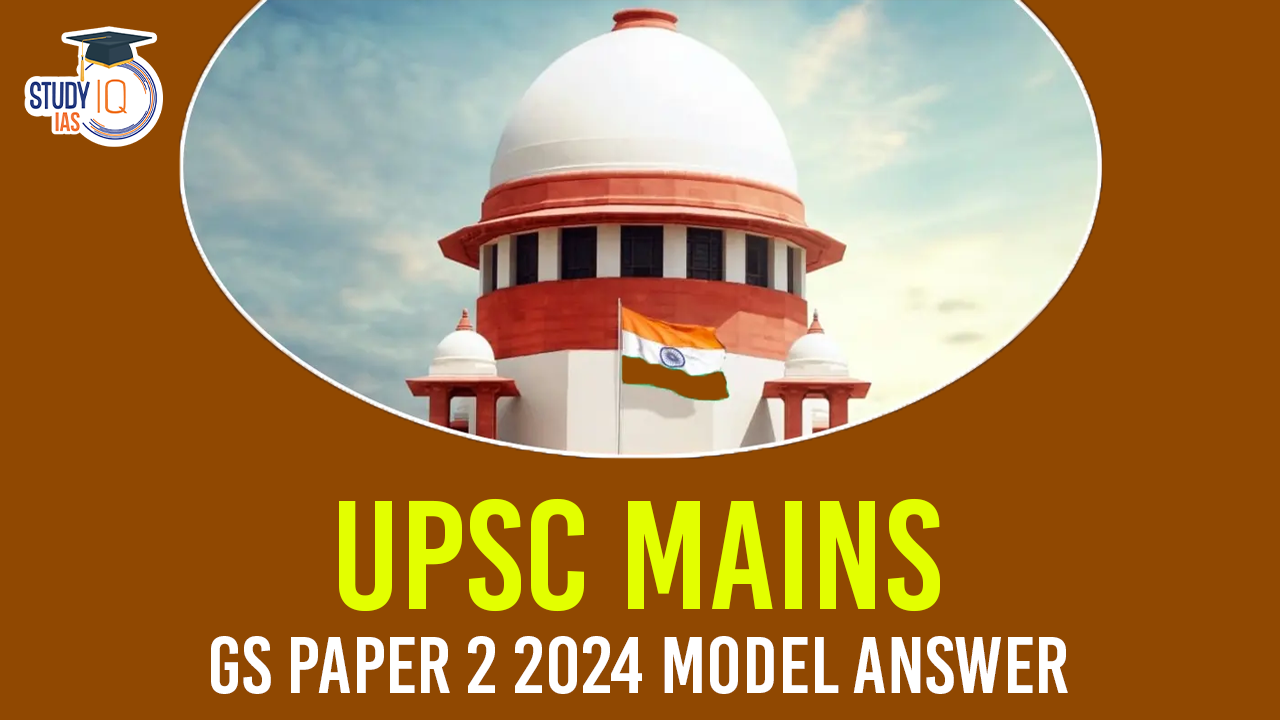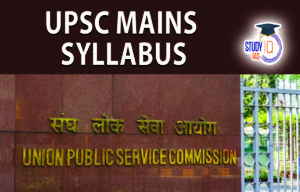Table of Contents
Introduction
The Doctrine of Democratic Governance emphasises that the effectiveness of governance in a democracy hinges on the trust and confidence citizens have in the institutions and individuals that govern them. The public perception of integrity and commitment of Civil Servants is essential in maintaining the legitimacy and efficiency of democratic governance.
Body
Doctrine of Democratic Governance necessitates that public perception of integrity and commitment of civil servants becomes positive
- Integrity as the Cornerstone of Democratic Trust: Integrity in the civil service is essential to build public trust in government systems. Dishonesty and corruption undermines public faith.
- Eg; Public servants like Ashok Khemka, who exposed land scams despite political pressure showcased a high level of integrity.
- Commitment to Public Welfare: Civil servants are responsible for implementing government policies and their dedication ensures that policies are not only implemented but also adapted to local needs and executed efficiently.
- Eg: In the aftermath of the devastating floods in Kerala in 2018, the state’s bureaucracy showcased rapid and efficient response.
- Public Perception and State legitimacy: Civil servants, being the executors of public policies, and their integrity and commitment directly affect how citizens view the effectiveness of the state. A positive perception can increase citizen engagement and compliance with laws.
- Eg: Singapore is often regarded as a model for an efficient and transparent bureaucracy. such as following a merit based system for recruitment.
Limitations
-
- Subjective perception: Public perception is shaped by diverse factors such as personal experiences, media narratives and political contexts, they differ across different sections of the society.
- Eg: In India, the tribal communities may perceive civil servants as distant due to historical neglect
-
- Media influence: Negative news, scandals and cases of corruption receive widespread coverage, this skews public perception, even when a majority of civil servants are upholding integrity and commitment.
- Political interference: Civil servants often operate under political leadership, it limits their ability to act independently and in accordance with ethical standards.
- Eg: Frequent political transfers and appointments based on loyalty impact public trust in bureaucracy
Conclusion
Learning from best practices such as in Malaysia where a system of promotion and annual salary progression is based on a new remuneration system. This can help increase accountability and decrease the culture of secrecy, increasing public trust. It is in line with India’s vision of minimum government, maximum governance.
| Related Post | |
| UPSC Mains GS 1 Question Paper 2024 | UPSC Mains GS 1 Analysis 2024 |
| UPSC Mains Essay Question Paper 2024 | UPSC Mains Essay Analysis 2024 |
| UPSC Mains GS 2 Question Paper 2024 | |


 NCERT Books for UPSC Preparation, Check ...
NCERT Books for UPSC Preparation, Check ...
 UPSC Syllabus 2025, Check UPSC CSE Sylla...
UPSC Syllabus 2025, Check UPSC CSE Sylla...
 UPSC Mains Syllabus 2025, Optional Sylla...
UPSC Mains Syllabus 2025, Optional Sylla...





















